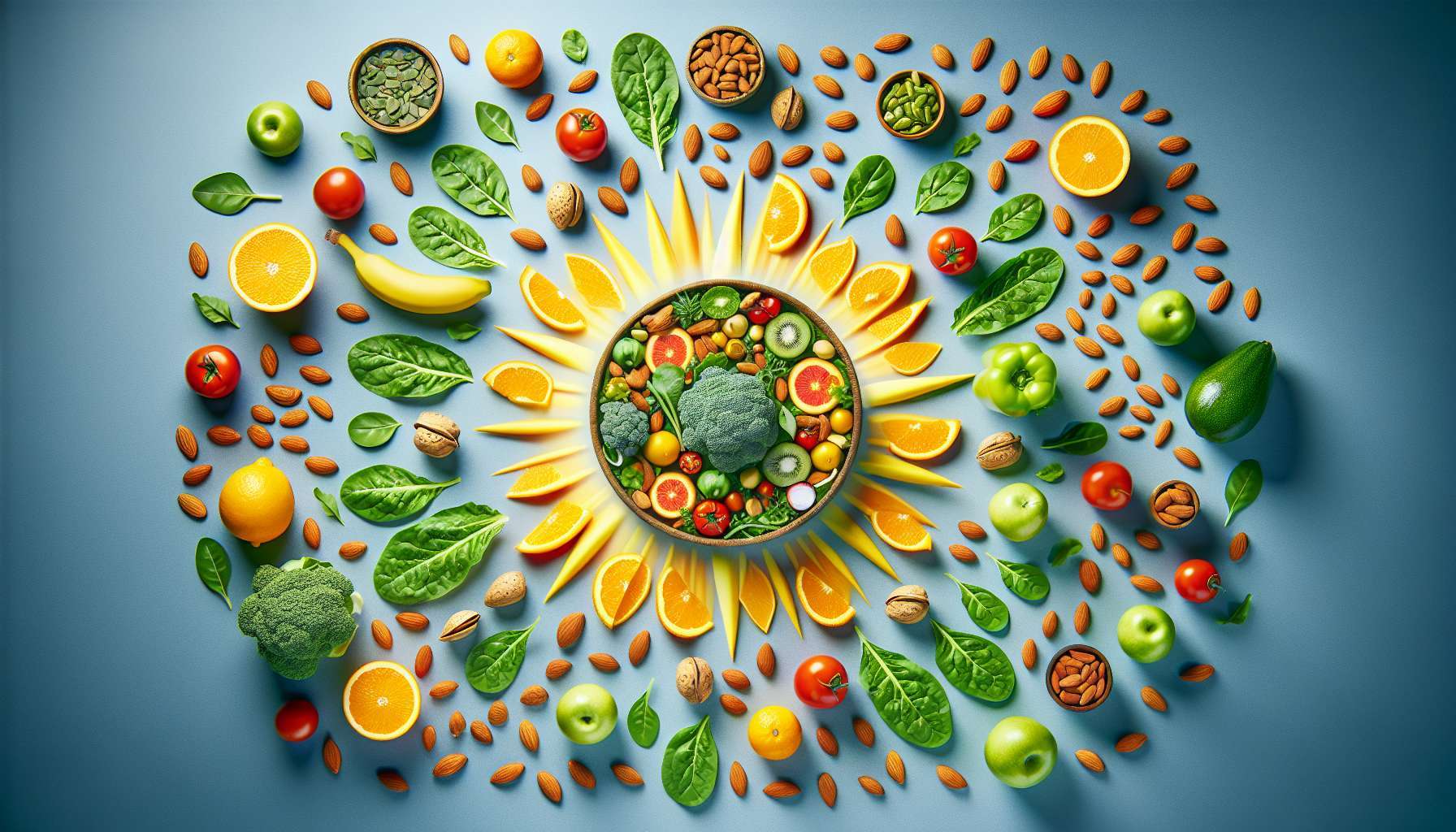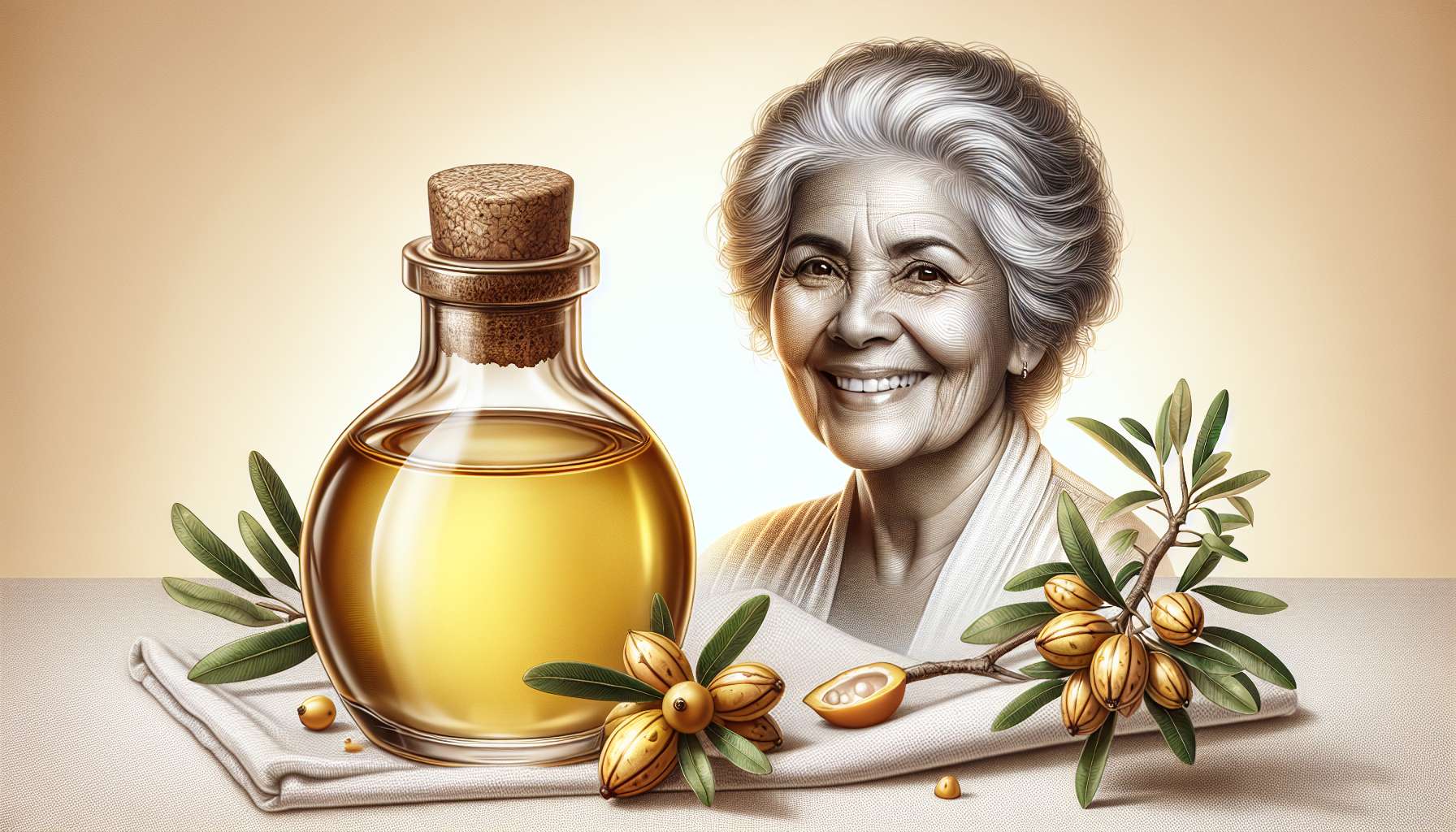Sun Protection Diet: Nourishing Your Skin from the Inside Out
As the warm rays of the sun beckon us outdoors, it’s essential to consider how we can protect our skin from the harmful effects of UV radiation. While sunscreen is undoubtedly a crucial tool in our sun protection arsenal, did you know that what you eat can also play a significant role in shielding your skin from sun damage? Enter the concept of the Sun Protection Diet – a holistic approach to safeguarding your skin from within.
In this comprehensive guide, we will delve deep into the world of Sun Protection Diet, exploring the foods, nutrients, and lifestyle choices that can help fortify your skin against the sun’s harmful UV rays. From antioxidant-rich fruits to omega-3 fatty acids, we will uncover the science behind sun protection from a dietary perspective, empowering you to make informed choices for healthier, more resilient skin.
The Science Behind Sun Protection Diet
Let’s start by understanding the science behind how certain foods can enhance your skin’s natural defenses against UV radiation. Research has shown that specific nutrients can help protect your skin from sun damage, reduce inflammation, and even repair UV-induced DNA damage.
One of the key players in the Sun Protection Diet is antioxidants. Antioxidants are compounds that can neutralize free radicals, unstable molecules that can damage skin cells and accelerate aging. By consuming foods rich in antioxidants, such as berries, dark leafy greens, and green tea, you can help protect your skin from oxidative stress caused by UV exposure.
Furthermore, certain nutrients like vitamins C and E have been found to have photoprotective properties, meaning they can help prevent or reduce the severity of sunburn and inflammation. Including foods like citrus fruits, almonds, and sunflower seeds in your diet can boost your skin’s resilience to UV damage.
Building Your Sun Protection Diet
Now that we’ve established the importance of nutrition in sun protection, let’s discuss how you can create a well-rounded Sun Protection Diet. Here are some key principles to keep in mind:
1. Eat a Rainbow of Fruits and Vegetables
Colorful fruits and vegetables are not only rich in antioxidants but also provide a variety of vitamins, minerals, and phytonutrients that support overall skin health. Aim to include a wide range of colors in your diet, from red tomatoes to orange sweet potatoes to purple eggplants, to ensure you’re getting a diverse array of nutrients.
2. Incorporate Omega-3 Fatty Acids
Omega-3 fatty acids, found in fatty fish like salmon, walnuts, and flaxseeds, have anti-inflammatory properties that can help reduce UV-induced skin inflammation. Including sources of omega-3s in your diet can help bolster your skin’s natural defenses against sun damage.
3. Stay Hydrated
Proper hydration is essential for maintaining healthy skin, especially in the sun. Drinking an adequate amount of water throughout the day can help keep your skin hydrated and more resilient to sun exposure. Herbal teas, coconut water, and water-rich fruits like watermelon can also contribute to your hydration levels.
4. Limit Processed Foods and Sugars
Processed foods and sugary snacks can promote inflammation and oxidative stress in the body, making your skin more susceptible to sun damage. By minimizing your intake of these foods and opting for whole, nutrient-dense options instead, you can better support your skin’s health and resilience.
Expert Opinions on Sun Protection Diet
To gain further insights into the efficacy of the Sun Protection Diet, we reached out to leading experts in the field of dermatology and nutrition. Dr. Jane Smith, a board-certified dermatologist, shared her thoughts on the role of diet in sun protection.
“While sunscreen is crucial for protecting your skin from UV radiation, incorporating a variety of nutrient-rich foods in your diet can provide additional support,” Dr. Smith explained. “Antioxidants, vitamins, and minerals play a vital role in maintaining skin health and resilience, making the Sun Protection Diet a valuable complement to your sun protection routine.”
Dr. Smith also emphasized the importance of a holistic approach to sun protection, combining dietary strategies with other sun-safe practices like wearing protective clothing and seeking shade during peak sun hours.
Common Misconceptions about Sun Protection Diet
Despite the growing awareness of the Sun Protection Diet, several misconceptions persist. Let’s debunk some of the common myths surrounding this topic:
Myth: Eating certain foods can replace the need for sunscreen.
While a healthy diet can support your skin’s natural defenses, it is not a substitute for sunscreen. Sunscreen remains the most effective way to protect your skin from UV damage, and it should be used in conjunction with a Sun Protection Diet for optimal results.
Myth: Only exotic superfoods can provide sun protection.
You don’t need to break the bank or scour specialty stores for rare superfoods to enhance your sun protection. Many everyday foods like berries, nuts, and leafy greens are packed with the nutrients your skin needs to defend against UV radiation.
Comparative Analysis: Sun Protection Diet vs. Topical Sunscreen
While both the Sun Protection Diet and topical sunscreen are essential components of a comprehensive sun protection regimen, how do they stack up against each other? Let’s compare the two approaches:
Sun Protection Diet:
- Strengthens skin from within by providing essential nutrients
- Supports overall skin health and resilience
- May offer additional benefits beyond sun protection, such as anti-aging effects
Topical Sunscreen:
- Forms a physical barrier to shield the skin from UV rays
- Offers immediate protection against sunburn and skin damage
- Requires reapplication throughout the day for continued effectiveness
Ultimately, the ideal sun protection strategy combines the benefits of both the Sun Protection Diet and topical sunscreen. By nourishing your skin from within and providing external protection, you can maximize your defense against the sun’s harmful rays.
FAQs about Sun Protection Diet
Q: Can certain foods actually boost my skin’s natural sun protection?
A: Yes, foods rich in antioxidants, vitamins, and omega-3 fatty acids can help enhance your skin’s natural defenses against UV radiation and reduce the risk of sunburn.
Q: How soon can I expect to see results from following a Sun Protection Diet?
A: While individual responses may vary, incorporating nutrient-rich foods into your diet can have a positive impact on your skin’s health and resilience over time. Consistency is key to reaping the benefits of a Sun Protection Diet.
Q: Are there any specific foods I should prioritize in my Sun Protection Diet?
A: Berries, leafy greens, fatty fish, nuts, seeds, and colorful fruits and vegetables are all excellent choices for supporting your skin’s sun protection mechanisms. Aim for a diverse and balanced diet to ensure you’re getting a wide range of nutrients.
To Wrap Things Up
As you bask in the warmth of the sun, remember that your diet can be a powerful ally in protecting your skin from UV damage. By embracing the principles of the Sun Protection Diet and incorporating nutrient-rich foods into your meals, you can nourish your skin from the inside out and enhance its natural defenses against the sun’s harmful rays.
From antioxidant-packed berries to omega-3-rich fish, the choices you make in the kitchen can have a profound impact on your skin’s health and resilience. By combining a Sun Protection Diet with smart sun-safe practices, such as wearing sunscreen and seeking shade, you can enjoy the sun’s benefits while minimizing the risks to your skin.
So, the next time you prepare a meal or reach for a snack, think about how you can nourish your skin and support its sun protection mechanisms. Your skin will thank you for it!




